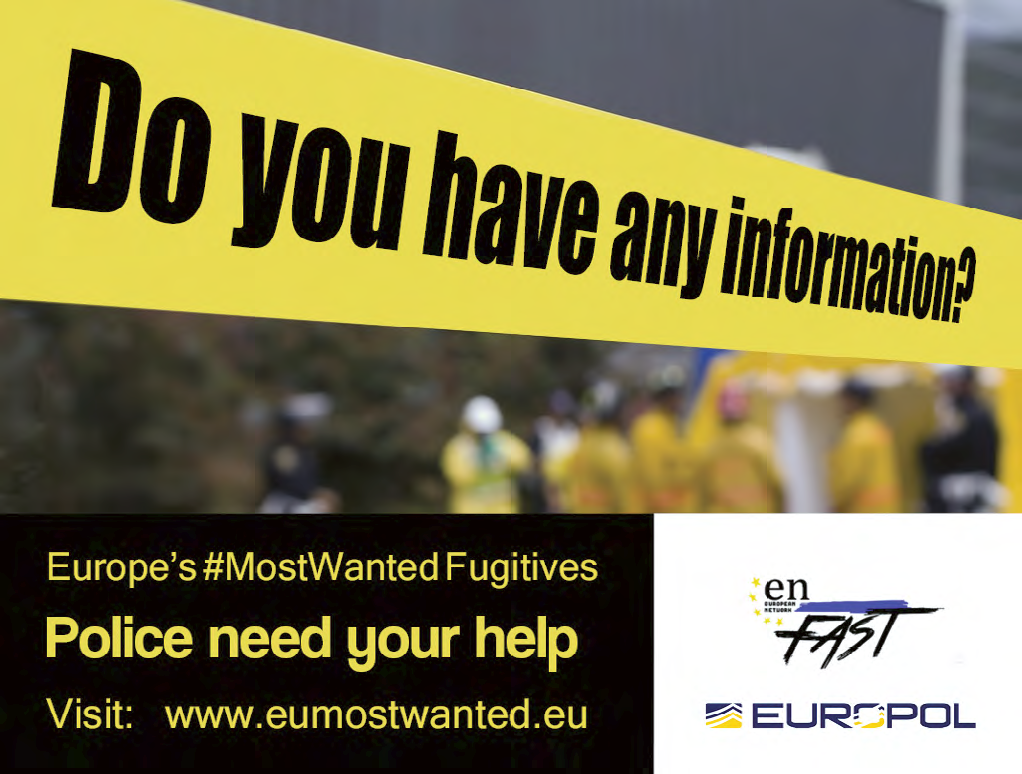In 2015, Europol made significant progress as regards cooperation with the Member States and its partners: EU bodies, third states, as well as other international organisations. Cooperation with third parties with an operational cooperation agreement was especially strengthened through new associations with Europol’s analysis work files. This trend reflects the ever increasing spread of organised crime and terrorism, and the matching need for law enforcement cooperation, also seen in the 20% increase over 2014 in the number of SIENA operational messages exchanged and over 60% increase in the use of the Europol Information System. Certain crime areas, such as illegal immigration and terrorism saw an impressive increase in operational cooperation and information sharing. The information regarding all persons registered in the analytical project on foreign terrorist fighters saw a six-fold increase from the end of 2014 till the beginning of 2016, and currently contains 18 000 persons (suspects or associates).
